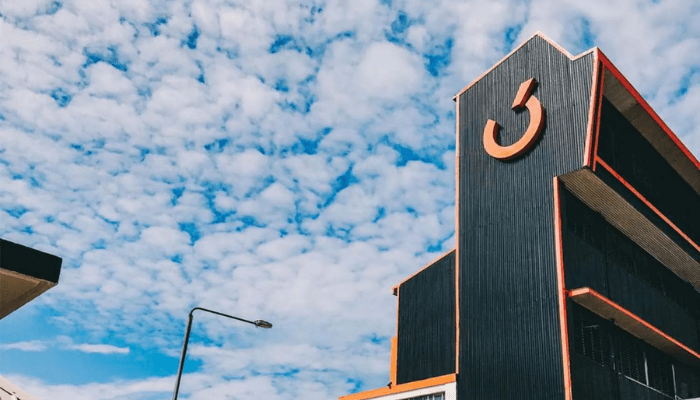Private sector operators stated on Tuesday, that the rise in Nigeria’s Monetary Policy Rate, from 22.75 per cent to 24.75 per cent by the Central Bank of Nigeria would further accelerate the country’s inflation pressure and trigger a wave of job cuts throughout the country.
This was revealed by the Nigerian Association of Chambers of Commerce, Industry, Mines and Agriculture, and the Nigerian Association of Small-Scale Industrialists noting that the increase in MPR would aggravate the private sector’s ability to access affordable credit, according to The Punch.
The Lagos Chamber of Commerce and Industry, however, said that the MPR increase was a price to be paid by businesses given the current economic situation, although it described the interest rate rise as an action that would lead to unintended negative consequences.
The CBN Governor, Yemi Cardoso, announced the hike in MPR after the second Monetary Policy Committee meeting for the year in Abuja on Tuesday.
He said the new rate was aimed at reducing current inflationary pressures and ensuring sustained exchange rate stability.
He explained “All 12 members of the committee decided to further tighten monetary policy by raising the MPR by 200 basis points to 24.75 per cent from 22.75 per cent. Adjust the asymmetric corridor around the MPR to +100 to -300 from plus 100 to -700 basis points.”
Cardoso noted that the new MPR was part of moves to tackle the country’s inflation, with inflation currently at 31.70 per cent.
It also made changes to the asymmetric corridor around the MPR, setting it at +100/-700 basis points from +100/-300 basis points, while it increased the Cash Reserve Requirement to 45 per cent from 32.5 per cent, and maintained the Liquidity Ratio at 30 per cent.
At the press briefing on Tuesday, Cardoso, who chaired the Monetary Policy Committee, also announced that the cash reserve ratio for deposit money banks has been maintained at 45 % and CRRs of merchant banks increased from 10 % to 14 %.
He revealed that the liquidity ratio was left unchanged at 30 per cent.










